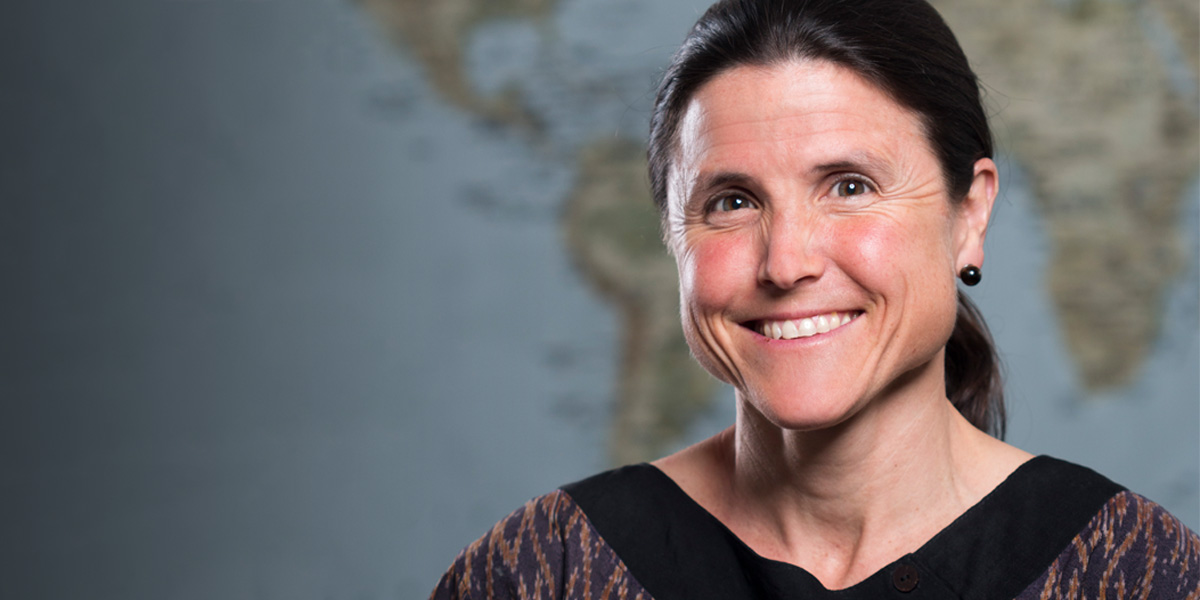
As a college student, Carey Farquhar fell in love with Côte d’Ivoire (Ivory Coast), where she volunteered to help build a school one summer. More than 30 years later, she’ll get the chance to return to one of her favorite African countries – this time as a consultant for the World Health Organization.
Farquhar’s six-month consulting assignment begins Jan. 1. She’ll be based in Geneva, where the WHO is headquartered, but she plans to travel regularly throughout western and central Africa, including visiting WHO offices in Burkina Faso and possibly Senegal.
“All of my work so far has been in East Africa. I have wanted to get back to West Africa for a long time. With the World Health Organization, I’ll have an opportunity to explore new collaborations and new areas of research,” said Farquhar, vice dean for education for the UW School of Public Health as well as a professor of global health, medicine and epidemiology.
She will consult on HIV testing – specifically, implementation of assisted partner notification services for HIV – as well as testing for hepatitis and sexually transmitted infections (STI). Farquhar is a renowned expert in HIV prevention, testing and care in sub-Saharan Africa, where the HIV epidemic has been more severe. She also is director of the Kenya Research and Training Center, and directs the NIH/Fogarty International Center’s International AIDS Research and Training Program.
For the WHO, Farquhar will conduct mapping exercises, looking at how services are provided in up to 13 countries in West and Central Africa. She’ll work with ministries of health on country-specific guidelines and ways to support training on carrying out HIV, hepatitis and STI testing.
In 1987, between her freshman and sophomore years at Brown University, Farquhar joined an Operation Crossroads Africa trip to help build a school in Côte d’Ivoire. “I loved the people,” Farquhar says. “They were so welcoming. It solidified my interests to work in medicine, as I was exposed to a lot of health issues. It also helped me appreciate bigger concerns about public health.”
Farquhar’s son, now in college, also volunteered with Operation Crossroads, but in Ghana.
“More people should be doing this,” Farquhar said of her WHO assignment. “It’s an opportunity to recharge and get excited about the work we do and to explore new areas of interest.”
Farquhar says she plans to stay on top of her UW grants and research, support her students, and continue to lead training programs. Stephanie Farquhar (no relation), a clinical professor of health services and of environmental and occupational health sciences, will serve as acting associate dean for education.
